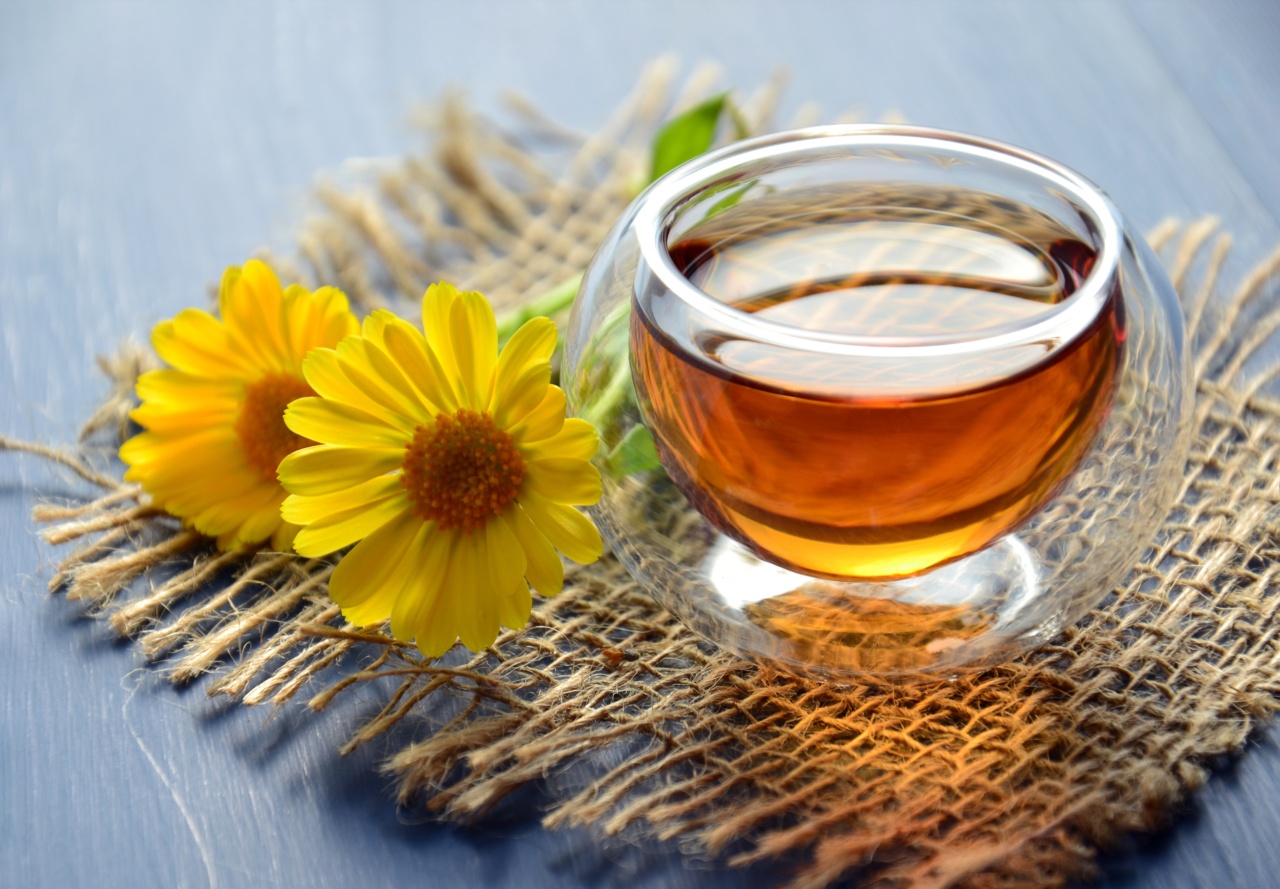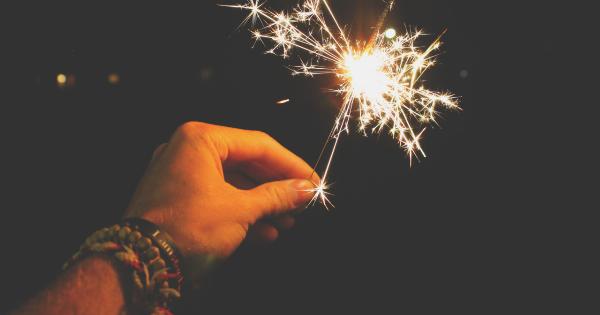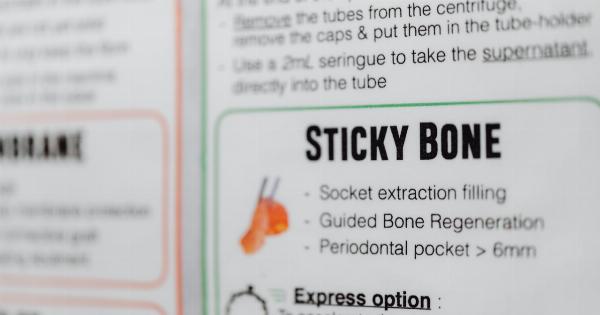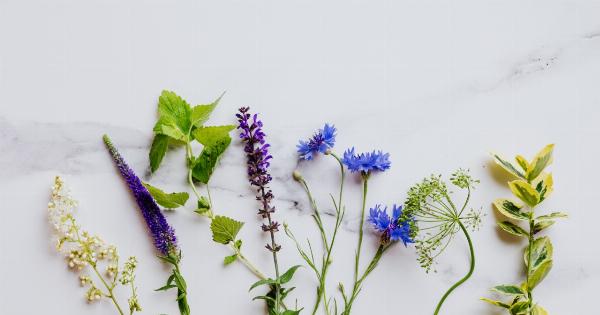Menopause is a natural biological process that every woman experiences as she ages. During this time, the ovaries gradually stop producing eggs and there is a significant decrease in the production of hormones like estrogen and progesterone.
One of the most common and bothersome symptoms of menopause is hot flashes.
Understanding Hot Flashes
Hot flashes are sudden feelings of intense warmth that can spread throughout the body, primarily in the upper half. They are often accompanied by excessive sweating and can last from a few seconds to several minutes.
Hot flashes are a result of hormonal changes and can be triggered by various factors such as stress, caffeine, alcohol, spicy foods, and certain medications.
Impacts of Hot Flashes
Hot flashes can have a significant impact on a woman’s quality of life. They can disrupt sleep patterns, leading to chronic fatigue, mood swings, and difficulty concentrating.
At times, hot flashes can occur frequently and become debilitating, affecting personal and professional relationships.
Conventional Treatments for Hot Flashes
Many women seek relief from hot flashes by turning to conventional treatments such as hormone replacement therapy (HRT). HRT involves the use of synthetic hormones to replace the declining levels of estrogen and progesterone in the body.
While effective, HRT can have potential risks and side effects, including an increased risk of certain types of cancer and cardiovascular diseases.
Herbal Supplements for Hot Flashes
In recent years, herbal supplements have gained popularity as a potential alternative or complementary treatment for hot flashes.
These natural remedies often contain plant-derived compounds that are believed to mimic the hormone-like effects of estrogen without the associated risks.
Black Cohosh
Black cohosh is one of the most commonly used herbal supplements for menopausal symptoms. It has a long history of traditional use in Native American medicine.
Some studies suggest that black cohosh may help reduce the frequency and severity of hot flashes, although results have been mixed and more research is needed to determine its effectiveness.
Red Clover
Red clover is another herb that has been investigated for its potential benefits in relieving hot flashes. It contains compounds called isoflavones, which have weak estrogen-like effects in the body.
While some studies have shown promising results, others have found no significant differences between red clover and placebo. Further research is necessary to draw definitive conclusions.
Sage
Sage is a herb with a long history of use in traditional medicine for various purposes. It has been suggested that sage may help reduce hot flashes and night sweats, but the evidence is limited and additional studies are needed for confirmation.
Dong Quai
Dong quai, also known as Chinese angelica, is a herb commonly used in traditional Chinese medicine. It is often recommended for menopausal symptoms, including hot flashes.
However, the scientific evidence supporting its effectiveness is scarce, and more research is required to establish its potential benefits.
Ginseng
Ginseng is a widely-studied herb known for its adaptogenic properties.
While it has not been specifically studied for hot flashes, ginseng may help modulate hormonal levels and reduce stress, which could indirectly alleviate the intensity of hot flashes in some women. However, more research is necessary to determine its efficacy and safety.
Evening Primrose Oil
Evening primrose oil is derived from the seeds of the evening primrose plant. It contains gamma-linolenic acid, an omega-6 fatty acid that may have anti-inflammatory effects.
Some studies suggest that evening primrose oil may help reduce the frequency of hot flashes, but further research is required to confirm these findings.
Flaxseed
Flaxseed is a rich source of lignans, which are phytoestrogens that have weak estrogen-like effects. Some evidence suggests that flaxseed may help reduce hot flashes, but the results from studies have been inconsistent.
More research is needed to determine its efficacy and optimal dosage.
Soy
Soy products contain isoflavones, which are compounds with estrogen-like effects. The consumption of soy products has been associated with a reduction in hot flashes in some women.
Soy foods, such as tofu and soy milk, may be a more preferable option than soy supplements due to their additional nutritional benefits.
St. John’s Wort
St. John’s Wort is a popular herbal remedy for depression, but some women also use it to alleviate menopausal symptoms like hot flashes.
However, there is limited scientific evidence to support its efficacy, and it may interact with other medications. It is important to consult with a healthcare professional before using St. John’s Wort.
Conclusion
Herbal supplements have gained attention as potential natural remedies for hot flashes during menopause.
While some studies suggest certain herbs may offer relief, the evidence is often mixed and further research is needed to determine their safety, effectiveness, and recommended dosages. It is crucial for women to consult with their healthcare providers before starting any herbal supplements or alternative treatments to ensure they are appropriate for their individual health needs.





























